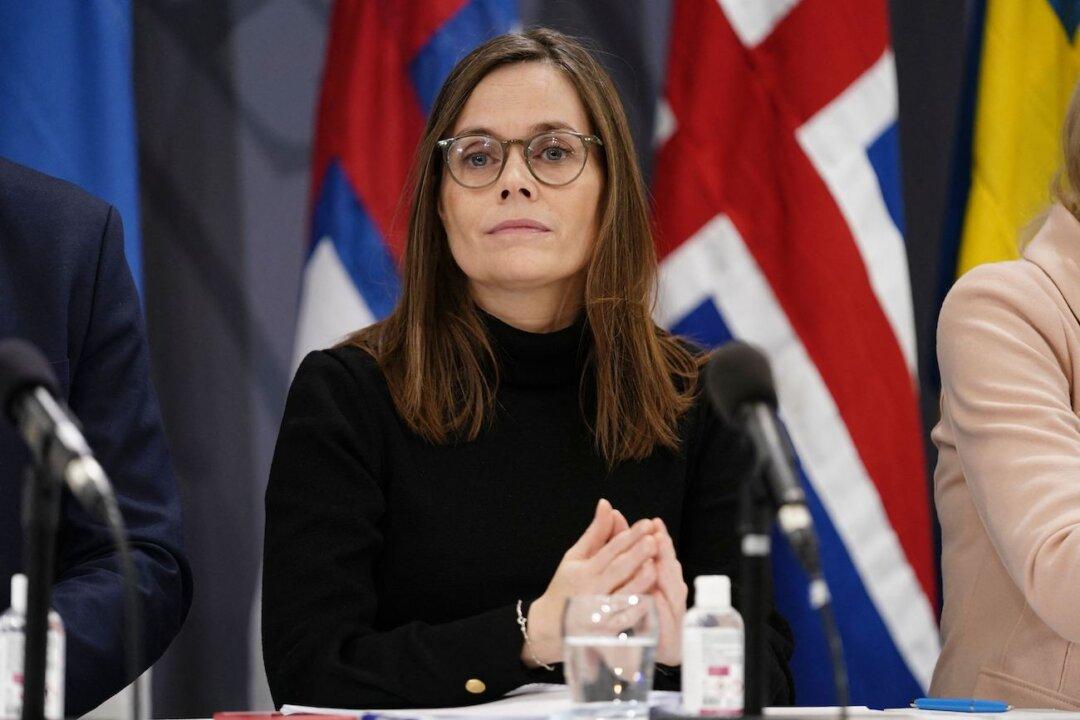Iceland will lift all public COVID-19 restrictions starting Friday, saying that herd immunity is the way out of the pandemic.
“We are returning to normal life but the virus is still with us,” Prime Minister Katrín Jakobsdóttir told reporters on Wednesday, reported AFP. She said the country may impose new restrictions if needed, such as if a new variant emerges.




